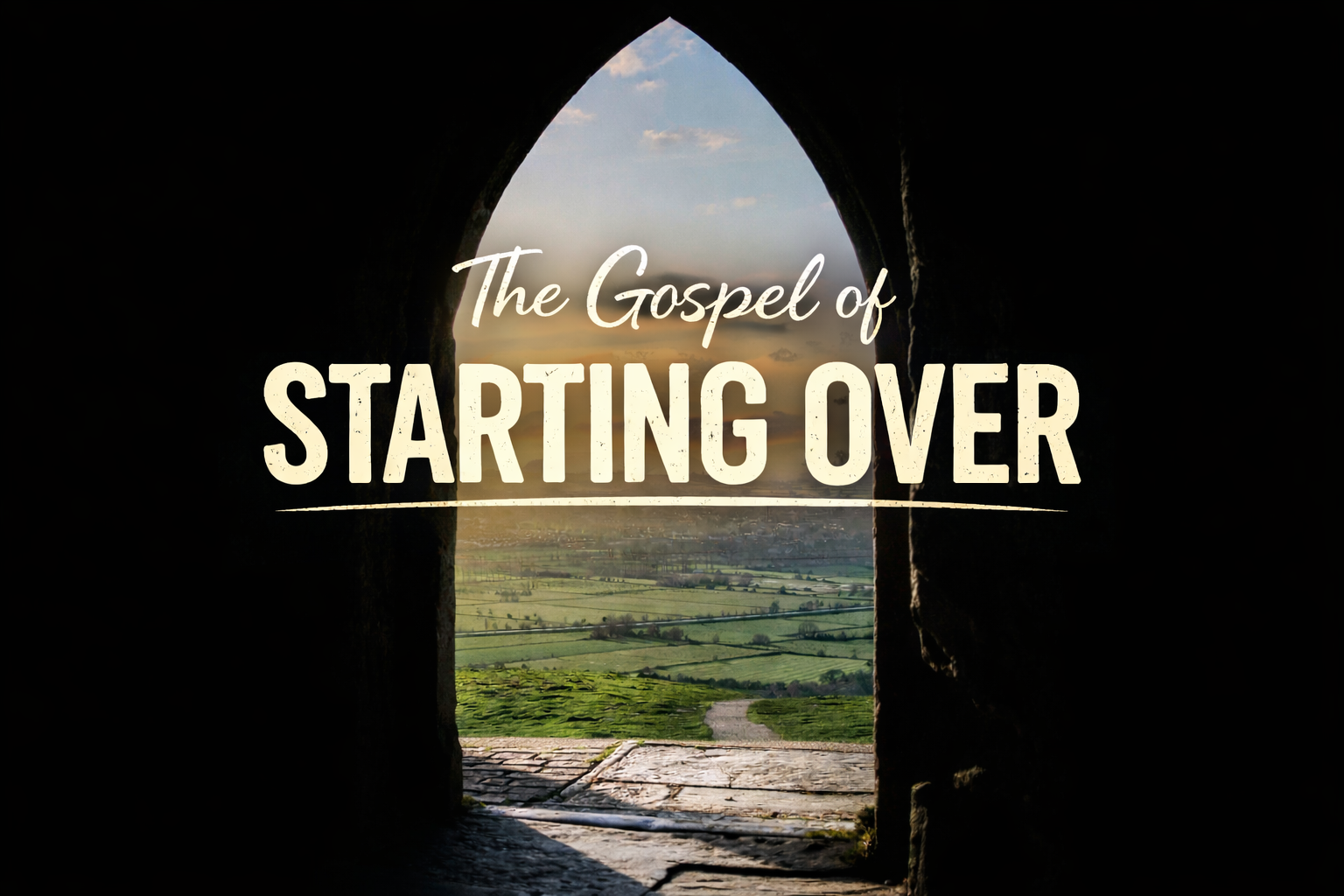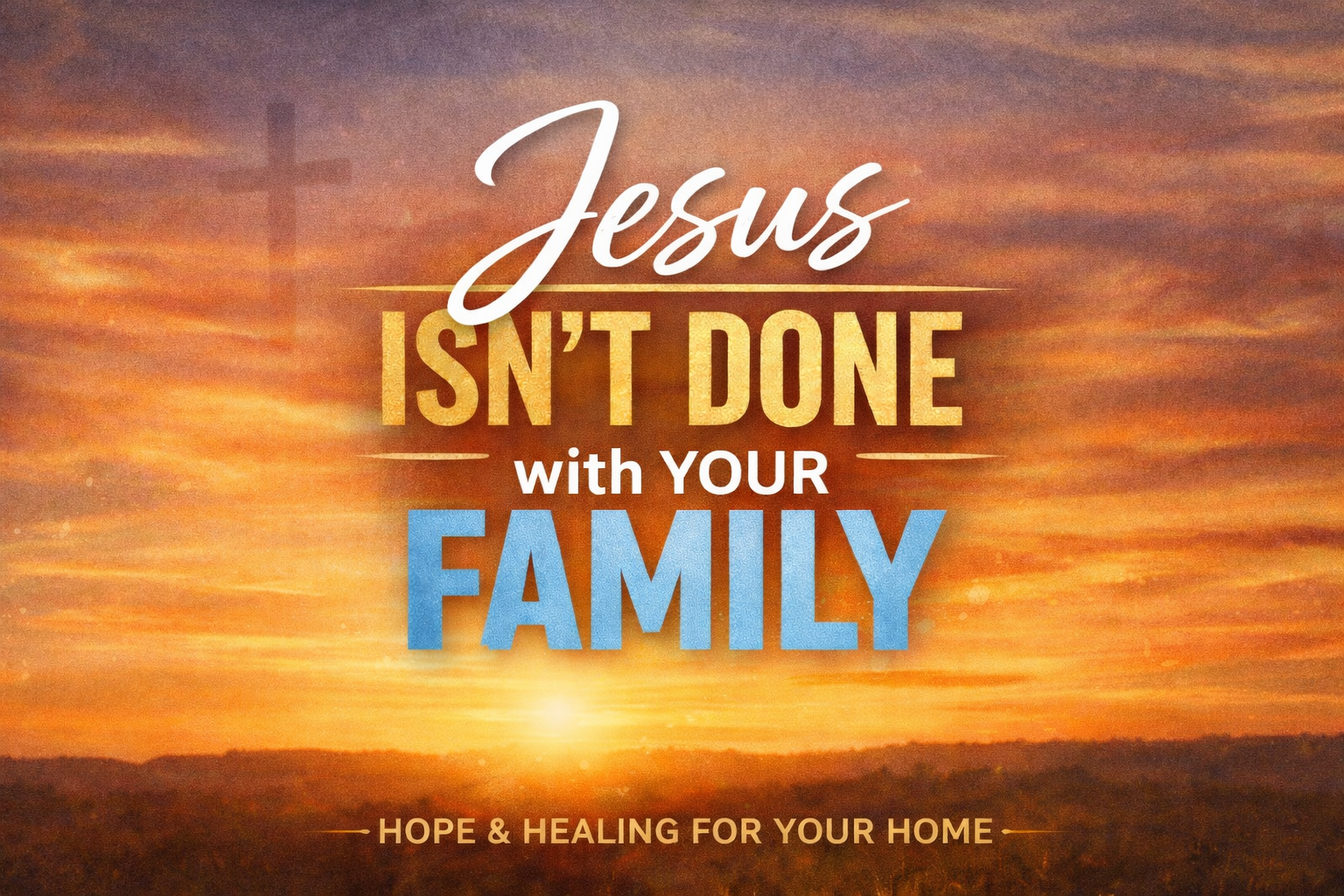All lives have value. It is time to start acting like it.
For the past few years, the controversial “Right-To-Die” movement has been gaining momentum and causing debate across the country. Recently, as Aaron Hernandez, a former tight-end for the New England Patriots, committed suicide in his jail cell, arguments were raging across the country as Arkansas scheduled a slue of 8 executions for prisoners who had received the death sentence. Although some received stays of execution, for the first time since the year 2000, two men were executed back-to-back last night. In 2016, 29-year old, recently married Brittany Maynard gained national attention as she chose to move to Oregon and commit assisted suicide once she had been given six months to live after being diagnosed with stage 4 glioblastoma.
The intersection between legality and morality comes to a head in no place quite like the question of human life. Because ultimately, this debate is not about whether or not it is cruel to use lethal injection, or whether or not someone has to receive medical treatment for cancer. The debate revolves around the value of human life, and also, what right we have as individuals to choose when to extinguish it.
Aaron Hernandez was convicted of the murder of his sister’s fiancé. The same week he was found hanging in his jail cell, he had been found not guilty of two more crimes: the murder of two men outside a nightclub. At 27, the once promising young tight-end was serving life in prison. A father of a young daughter and husband to be.
Maynard chose to spend the last few weeks of her life traveling the United States; the culmination was taking a helicopter ride over the Grand Canyon. As she closed in on the day she chose to take her life, she expressed the desire that she be remembered well by her husband and family.
The two men put to death on April 25th had been on death row for over 20 years. Each convicted of homicide in the first degree. The state of Arkansas decreed their crimes worthy of capital punishment. Combined, from injection to pronouncement of death, their lives ended in a little over 30 minutes.
What caused these lives to be considered so invaluable that they could be snuffed out, two on their own, and two with that result decided for them. Were these deaths righteous? Were they just?
In the sixth commandment given to the Israelites, God commands them not to murder. In this, suicide, assisted suicide, and euthanasia are ruled out, as murder of self.
Ultimately, both these individuals and the state decided that death should be inflicted because there is a fundamental disagreement of who is the owner of life. The culture we find ourselves in feeds us perpetually with the idea that we are masters of our own faith. On one side of the coin this is the American dream, that everyone has the ability to make something of themselves; to pull themselves up, find their own path, and rule themselves. The foil of this, is that human life, though valuable, is negotiable. We pay lip service that all life is invaluable, but we don’t actually believe this. We sit in our homes and read headlines of criminals being put to death, an epidemic of suicide and legislation telling us that we do in fact have the right to kill ourselves.
For years, Christians have stood by and sent mixed messages about the value of life. While we fight the equally just notion that unborn lives have value, we close our eyes and act like a political party represents the morality of Jesus, while it staunchly defends capital punishment. Lord, have mercy.
You don’t have the right to die. Although the time will come when we all will die to our physical bodies and stand before the Creator of the universe, He is both the Author and Sustainer of life, and who are we to usurp the King’s authority?
While we mourn the noose and cheer the needle, while we assert that we are the masters of our souls, and stubbornly defend the “Right-To-Die,” we remember the words of the disciple Mark, “if a house is divided against itself, that house cannot stand.”
As the Evangelical Presbyterian Church’s position paper on the problems of Suffering, Death and Dying states, “… the statesman Edmund Burke said, “All that is necessary for evil to triumph is for good men to do nothing.” We urge Christians to make known in the marketplace their convictions to the value of and respect for human life. As Christians, we should make this biblical position known by whatever means possible as we seek to be salt and light to our culture in the present confused state of affairs surrounding euthanasia, suicide and assisted suicide. By God’s grace, we may be able to help shape public opinion and formulate appropriate legislation regarding medical ethics and practices that will be in harmony with the teachings of the Bible.”
Your political affiliation is not your Lord, and party politics is not your Savior. Do not let your heart be divided over this fact, beloved. God loves all his children, and it is not for us to decide who lives and who dies. Both the needle of the government and the noose of the desperate are wrong. We must stop being ok with the government putting men to death, and with the idea that people have the right to kill themselves. We need to be passionate about mental health in our country, and address the reasons why people feel the need to end their lives; not just shed crocodile tears for their passing and act like depression and suicidal tendencies are only problems of other people; not us.
Ultimately, it comes down to a moral conclusion. Either all lives are inherently valuable, and must be treated as such, or all are not. There can be no middle ground.



